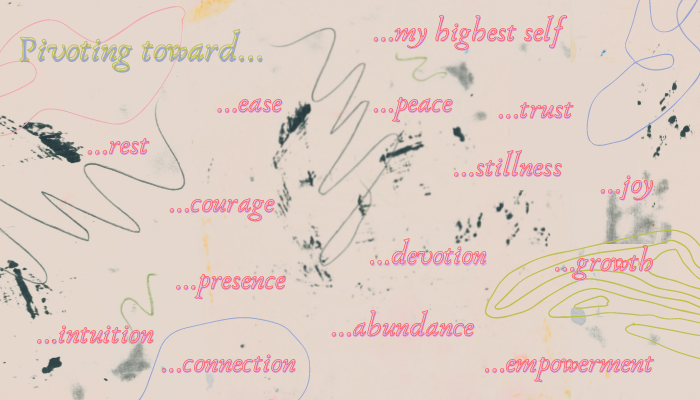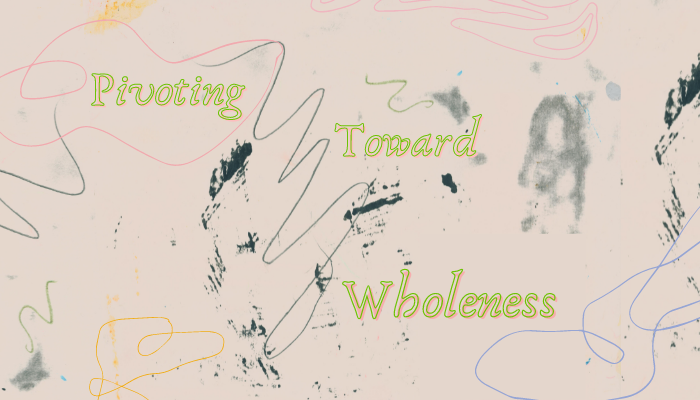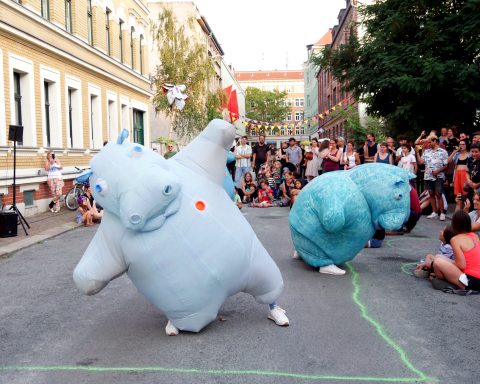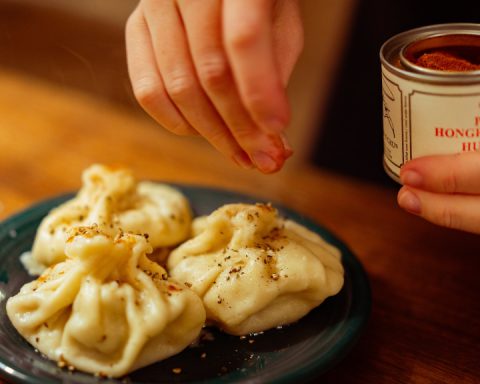This piece by guest contributor Maggy explores the opportunities and advantages of everyday pivoting. Maggy also hosts workshops from her creative studio Regarding Dew. To accompany this article, she will host one on pivoting this Sunday, the 12th of September.
As we stand at a collective precipice — politically, ecologically, and in terms of all the paradigms — transitions on multiple scales are called into deeper consideration. When systemic change is needed to address the state of the climate (quickly), overwhelm can become a daily shadow, always right behind our shoulders.
Feeling scattered, experiencing dips in energy and motivation, and becoming ensnared in fear can all be signs that we need to zoom in.
But on what exactly? Those countless, almost imperceptible moments are found when we switch tasks, environments, and even our posture.
When we bring our awareness to these moments with a sense of friendly curiosity, adaptability and agility can be built within these tiny crevices of time. Pivoting, the act of mindfully meeting and utilizing our daily micro-transitions, creates seismic shifts.
Inhaling and exhaling – a container for infinity
Take inhales and exhales, for example. Actually, right now: inhale with me, won’t you? When it comes to pivots, these are our ancient fulcrums. A few seconds of breath seem like minutes when it is being consciously used to interrupt a painful pattern. The breath at that moment, both conscious and confronting, might have been avoided for years.
Time swells along with our belly, and those ten seconds can feel like a container for infinity. But through braving the pivot — pausing and breathing — we can also feel more infinitely resourced and clear. This is what makes pivots so profound.
Just think about it: a sailor out at sea changes their boat’s direction by a number of degrees and arrives at a completely different location fourteen days later than he would have without changing course.
Pivots are what can turn our day around when we manage to drop a plate and stain our favorite shirt in the same minute. Pivots restore our sense of power when we read an email or article that throws our mind into a tailspin. Pivots remind us of our agency when we feel an indiscernible sense of dread or sorrow creeping in. Pivots are a continual homecoming.
A sense of power over reaction
Confronting in the beginning, these are opportunities that gently expand our own window of tolerance. The relief in the practice of pivoting is that it thrives as auto-pilot responses. It can be useful to think of pivoting as a practice in response – a sense of power over the often detrimental habit of reacting. Moving from reaction to response in the tiniest moment has an undeniable domino effect. Whereas the consequences of reacting versus responding are vast, the actions that bridge reacting to responding are pivots in how we meet the moment.
In this way, pivots are simple. Sometimes they are far from easy, but they are always simple.
Pivots, by nature, are unassuming. Personally, I have a tendency to search for the sparkly solution, a blaring ‘a-ha! Problem solved forever!’ sort-of answer to my woes. Really, this is how so much of consumer behavior functions, especially when it comes to personal wellness. As someone that struggles with acne, I’ve fallen into the allure of the magic solution, the magic pill really, in the most literal sense. And it’s confusing too because there can be holy grails that might take the form of a pill! This year, passionflower capsules have been a holy grail for me. As a pivot, this has looked like simply keeping it stocked in my pantry and taking it with lemon water when I wake up.

It is often the most non-shiny, simple-but-not-easy actions and eventually habits — pivots in themselves — that create the foundational changes we are seeking. It’s meditating for five minutes upon waking up. It’s carrying around a 32oz water bottle and finishing it during the day. It’s putting your legs up on the wall when you feel overwhelmed instead of grabbing your phone. It’s pausing before getting out of the car. It’s having only one drink. In practice, it is self-acknowledging and even celebrating your efforts and how much you care.
What are your habitual tendencies?
Consider it for yourself. Like a detective, gather up the unassuming transitions that occur in your own little corner of the world. Once again, with friendly curiosity, note your habitual tendencies, the patterns of thought your mind usually takes, and how you interact with the space around you. Here are some questions to consider:
What judgments are present?
What overt or subtle ways do you have to resist the truth of each moment?
In what areas are you being hard on yourself?
What potential pivots can you brainstorm and add to your toolbox?
What support do you need in activating these pivots as easefully as possible?
Pivots have a tendency of seeming too simple to generate substantial change. But there’s a magic at play: pivots reverberate in ways beyond our control. They prove that plain, simple, and repeated actions are often the most potent. Simple, again, doesn’t mean it will come easily. When speaking with loved ones about this, I’ve noticed a pattern: often the pivots that we most need are the ones that we resist the most. Some part of ourselves knows the transformative power of these teeny, underdog actions. And we know, deeper still, that transformational change requires some sort of death. Comforting yet harmful coping mechanisms retire. Beliefs that at one time felt necessary no longer have space in our new identity. Overdue boundaries are called for. Relationships shift. Veils drop. Grief lives close to this renewed gratitude.
The nap: accessible and yet profound
In practicing pivots in my own life, I’ve come to a new understanding of simplicity: Everything that is simple is accessible yet profound.
Take a fifteen-minute nap: finding a sliver of fifteen minutes is almost always doable. We might not be able to do that every single day, sure, but more often than we might think.
We have also practiced napping or at least lying down for a lifetime.
Getting there, however, to the place of self-permission to let ourselves radically pause and rest, and not feel guilty or ‘behind’ afterward, can be a boulder of resistance that takes weeks or months to scale. And yet, it is accessible and profound. A fifteen-minute nap does wonders beyond our control: long-grappled solutions arise, dots connect, and our capacities expand when the body is given time for restoration.
Pivoting can happen in our intentions, too. When the action of pivoting doesn’t feel accessible in the moment — which may be the case — one can get curious about what is happening while setting the intention to pivot to what feels most true and self-honoring. Questions to consider here might be:
How can I pivot towards compassion at this moment?
How can I pivot toward greater devotion to what matters most to me?
What beliefs, actions, and steps — pivots themselves — will aid in this process?
What small action can I take that will make my body feel calmer and safer?
And in our answer, we can challenge ourselves to embrace the simplest interventions. Forward folding. Closing the laptop. A full inhale and exhale before answering. Embracing ourselves in a hug. Buying the pot, soil, and seeds. Setting the timer. Deleting the app off our phone. Writing down the first step and putting it on the wall. Turning on a calming song. Finding the rhythm. Gentle. Steady.
Realize yourself
In every pivot in my own life, I tell myself, “This is when you realize her”. Who? More of myself! I say it when I venture out on a run, when I decline to perform an identity to fit in, and when I mess up and forgive myself instead of playing the ‘would have, could have, should have’ game.
I used to say ‘become’ as if I were becoming my higher self with these tiny, amassed choices. But I’ve found how that’s actually not the case. I already am that just as you already are that. You already are her, him, them — whomever you envision as your most evolved, present, whole, fulfilled self at the deepest level of your being.
Each time the seemingly invisible, inconsequential daily transitions that make up your life are consciously considered as moments of empowerment, you take a step back to yourself. Gentle, steady, you embody the wakefulness that can ever only exist in the present moment. You pivot and pivot yet again to realize your deepest sense of wholeness and knowing. And in that radical simplicity, you witness the reverberation that comes from such a profound reclaiming.
By Maggy











